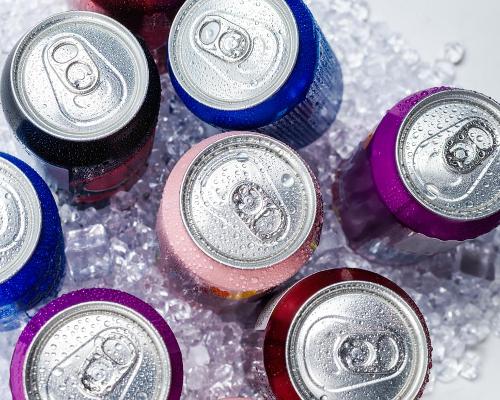26 Jan 2024
Research connects energy drinks with sleep issues
BY Kath Hudson

The consumption of energy drinks – even just one a month – has a negative impact on sleep according to a Norwegian study of students in higher education.
The research, Energy drink consumption and sleep parameters in college and university students: a national cross-sectional study, was reported in the BMJ. Researchers concluded the frequency of energy drink consumption was associated with sleep duration and sleep efficiency. A direct association was also found with the frequency of energy drink consumption and negative sleep patterns, such as problems getting to sleep and interrupted sleep.
Both men and women who consumed energy drinks daily slept around 30 minutes less each night compared to those who seldom or never drank them. Increasing consumption of energy drinks were associated with a corresponding increase in nocturnal wake time and time spent falling asleep.
The prevalence of insomnia was 51 per cent among those women who consume the drinks daily, compared with 33 per cent among women who seldom or never drink them. While it was 37 per cent and 22 per cent for men.
There may be multiple reasons why energy drink consumption impacts sleep. One reason is the high caffeine content: around 150mg per litre. According to a review by the Norwegian Scientific Committee for Food and Environment, a young adult with an average weight of 70kg would be at risk of sleep disturbance when drinking more than 98mg of caffeine a day, which is approximately 300ml of energy drink.
The research used data from the 2022 Students’ Health and Wellbeing Study which questioned more than 53,000 students aged between 18 and 35. Among the participants, 4.7 per cent of the males and 3.3 per cent of the females reported consuming energy drinks daily.
Researchers acknowledge that reverse causality could also explain the association: people who sleep badly might be more likely to use energy drinks to mitigate their tiredness. Also researchers did not know what time of day the drinks had been consumed.
There was a modest response rate of 35.1 per cent and limited information about participants other than age and gender. Other factors which impact sleep – including physical activity levels, stress and alcohol consumption – were not taken into account and as participants self-reported there is likely to be recall bias.
Liz Terry, editor of HCM said: "Health club operators are increasingly selling caffeine-based energy drinks to members, however, with the growing trend towards wellness and a recognition of the importance of sleep health, doing so is becoming increasingly untenable."
Close Window